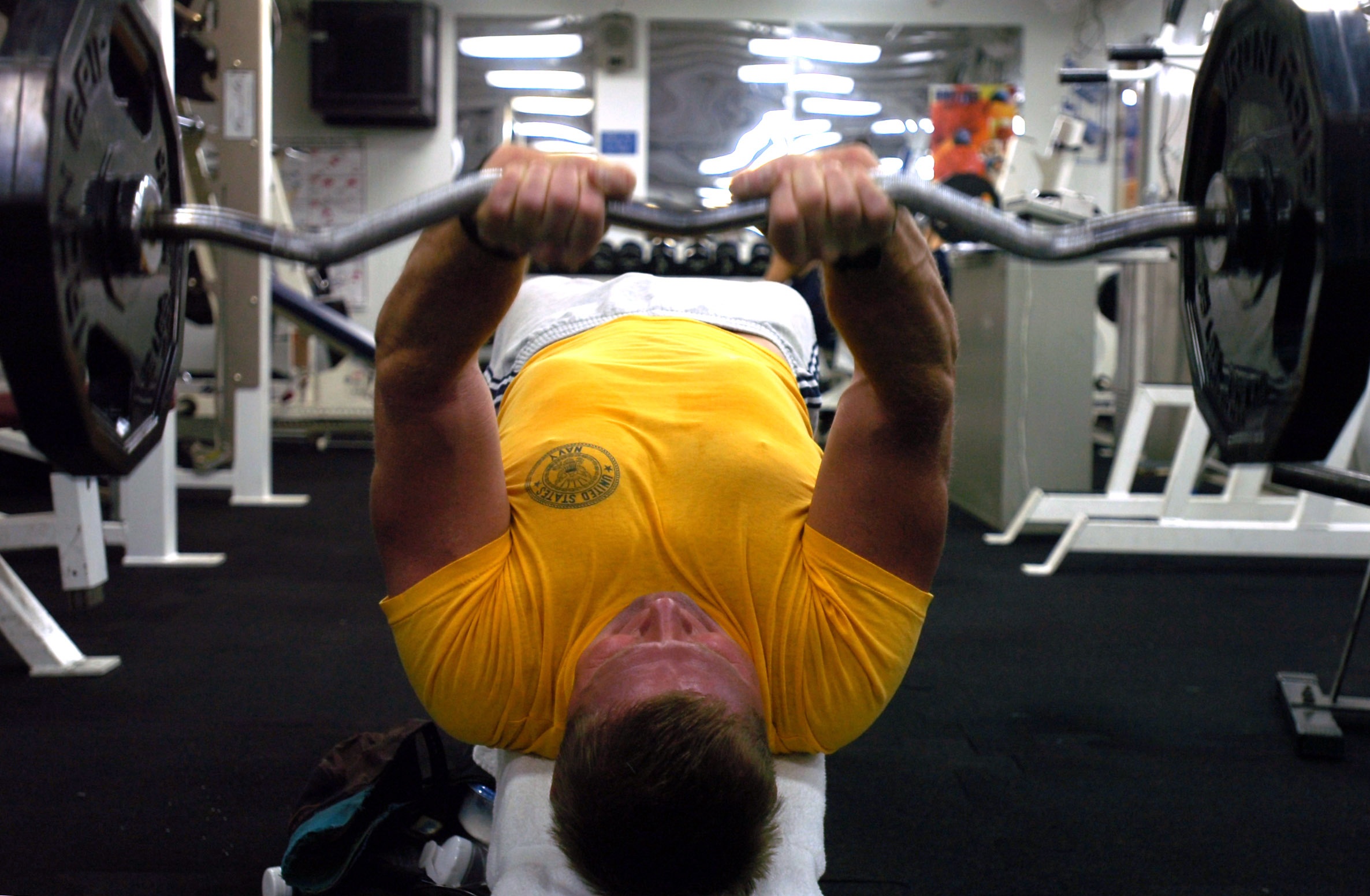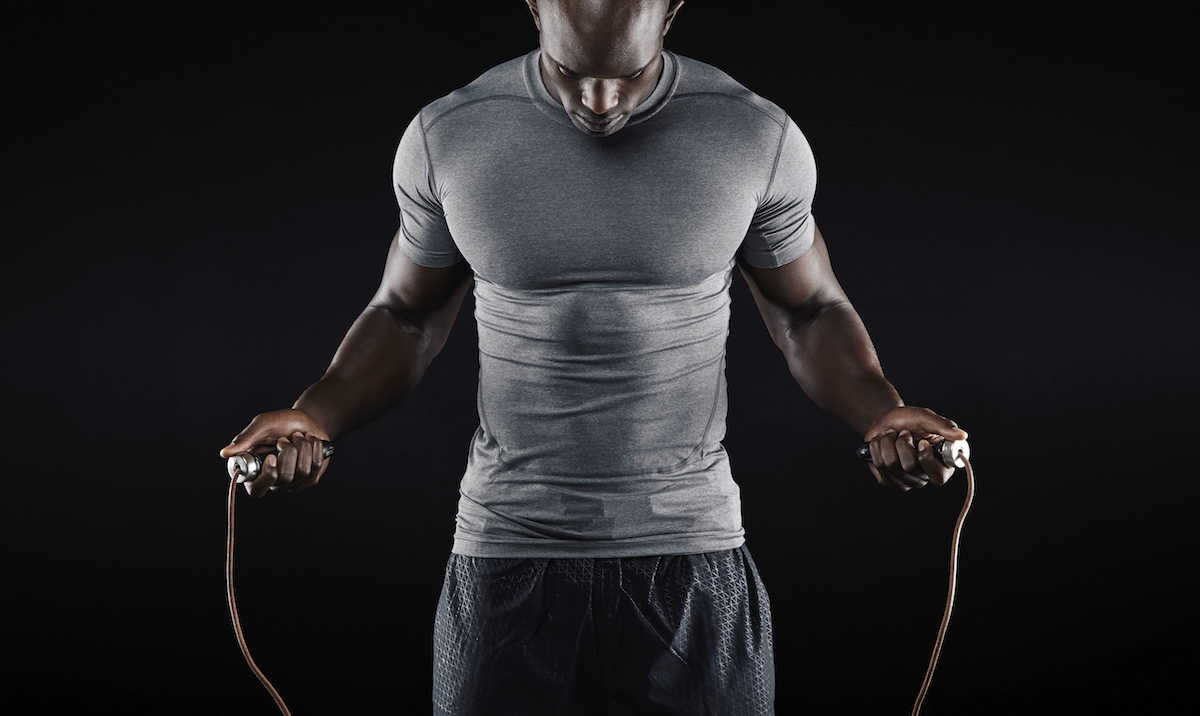For as long as I’ve been in this field, I’ve been taught that there are ideal ranges of volume and training intensity to accomplish different goals from strength training. For example, if you want hypertrophy then you should do sets of 8-12 repetitions at 70-85% of 1-RM.
In the Journal of Applied Physiology, Morton et al conducted a study that challenge that notion. The authors conducted a twelve week study to determine if volume/load and hormonal response to exercise had an impact on hypertrophy and strength development.
To determine that, the authors studied almost 50 men (mean age 23 years old) who had an average of 4 years of resistance training experience. The subjects were divided into one of two groups. The first group performed three sets of 20-25 repetitions per set at 30-50% of 1-RM. The second group trained at three sets of 8-12 repetitions per set with 75-90% of 1-RM. All sets were performed until volitional failure. Workouts were performed four times per week. On Monday/Thursday the subjects performed a superset with leg press and seated row, another with bench press and cable hamstring curl, and planks. On Tuesday/Friday the subjects performed selectorized shoulder presses supersetted with biceps curls, then triceps extensions supersetted with wide grip pull downs, and finally selectorized knee extensions.
Results:
- Both groups increased type I and II muscle fiber cross sectional area. There was no statistical difference between the groups.
- Both groups increased fat free mass, there was no statistical difference between the groups.
- Both groups increased their strength, there was no difference between the groups on any strength test except the bench press, at which the heavier group improved more.
- Circulating hormone levels did not change as a result of resistance training and were unrelated to changes in muscle mass and strength.
The results are interesting to me for a number of reasons. First, the idea that hypertrophy is independent of a repetition range (say 8-12 reps) or a training intensity (75% plus) is interesting and runs counter to what a lot of us have been taught. More on this later.
Second, the performance on the bench press reinforces the need to train heavy to get better at training heavy. The other exercises are on selectorized equipment and that may have quite a lot of bit to do with the results on those tests.
Third, the hormone response is interesting and echoes things that I’ve been saying for a long time. We don’t increase our hormone levels as a result of training chronically, it wouldn’t be very healthy for us if we did. We do, however, seem to increase them acutely after a training bout. In fact, this may drive some of our adaptations. This study reinforced the notion that our hormones don’t change chronically as a result of training.
Now, some cautions. First, the population of this study was resistance-trained college-aged men, not trained athletes. The subjects averaged at ~4 years of training experience, weighed ~85 kilograms, had a mean bench press 1-RM of less than 100 kilograms and a mean shoulder press 1-RM of around 90 kilograms. So this needs to be kept in mind. There is no transfer between the results of this study and a lot of the athletic populations that I work with, for example.
Second, it’s possible that twelve weeks isn’t long enough to elicit differences between the groups. It’s also possible that the training stimulus (three sets per body part) is insufficient to cause adaptations.
Now, I’d like to address target repetitions and percentages. I covered this in a presentation I did a number of years ago. Those percentage and load ranges aren’t based on anything. You’d expect that somewhere someone did a study and determined that if you want to train for hypertrophy then you need to do x number of reps per set at x intensity, same for strength, power, and endurance. But that hasn’t been done. When you follow the literature about this you end up at a translated East German textbook.
Morton, R.W., Oikawa, S.Y., Wavell, C.G., Mazara, N., McGlory, C., Quadrilatero, J., Baechler, G.L., Baker, S.K., and S.M. Phillips. (2016). Neither load nor systemic hormones determine resistance training-mediated hypertrophy or strength gains in resistance-trained young men. Journal of Applied Physiology, 121, 129-138.




